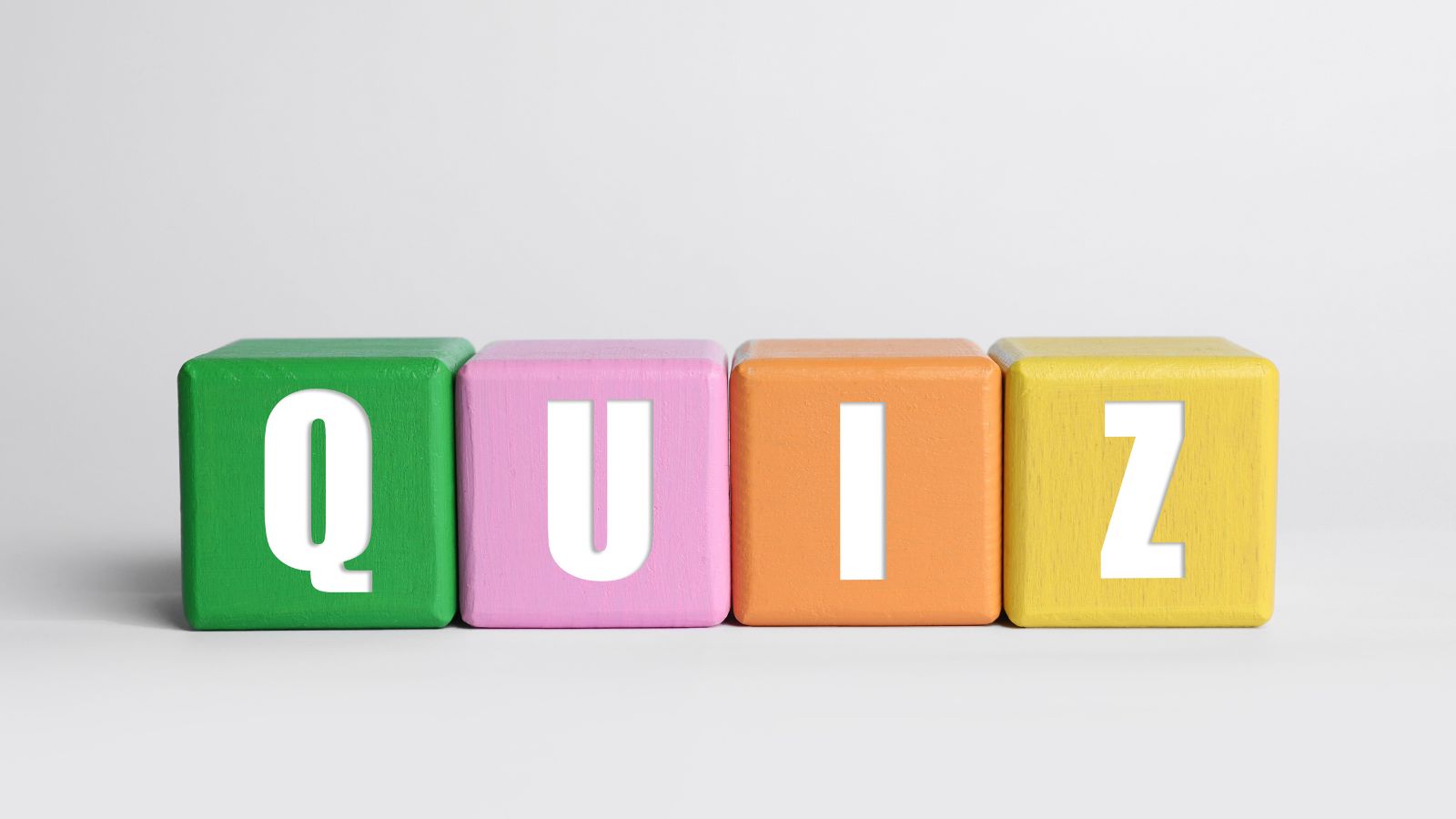Ever wondered how well you know your own lifestyle? Or perhaps you’re curious about what your daily habits reveal about you? Welcome to the intriguing world of lifestyle quizzes, a fun and insightful way to learn about oneself.
These quizzes offer a unique blend of entertainment and self-discovery, providing a mirror to reflect upon our choices, preferences, and habits. They’re not just a pastime; they’re tools for understanding and improving our way of life.
 Lifestyle Quizzes
Lifestyle Quizzes
Lifestyle quizzes spring from the broader corner of psychometrics, serving as self-assessment instruments. These quizzes measure individuals’ behavior patterns and personal preferences. Under the hoods of entertainment and self-discovery, these quizzes unfold valuable insights about our habits and choices.
Definition and Purpose
In essence, lifestyle quizzes embody interactive, multiple-choice assessments, gauging personal preferences and daily routines. Each question in a lifestyle quiz targets specific aspects of your behavior, such as sleep patterns, food preferences, or social behavior. By analyzing quiz responses, it’s possible to decipher habits, lifestyle preferences, and, often, underlying personality traits. These insights can prompt self-awareness and foster changes, if desired, leading to lifestyle improvements.
The Growing Popularity
As digital platforms evolve, lifestyle quizzes gain traction among online users, becoming an enjoyable part of our information-dense digital lives. Sites like BuzzFeed and the New York Times offer an array of quizzes, catering to interests ranging from personality traits to food preferences. They attract millions with their intriguing questions and often surprising results. Additionally, lifestyle quizzes are increasingly used in health-related contexts. A prime instance includes the popularity of quizzes evaluating mental health awareness, promoting understanding, and highlighting the importance of taking care of one’s mental wellbeing. Hence, lifestyle quizzes are more than mere distractions – they’re tools of substantial societal relevance with a rising presence in our digital lives.
 The Role of Lifestyle Quizzes
The Role of Lifestyle Quizzes
From personal growth avenues to interactive marketing strategies, lifestyle quizzes play a wealth of roles. Their prowess extends beyond entertainment, molding them into powerful tools in today’s world.
Self-Discovery and Personal Growth
Lifestyle quizzes offer avenues for exploration, shedding light on important facets of individuals’ lives. Uncovering interests, hobbies, or habits, they provide a mirror to one’s persona. For instance, a quiz focused on diet choices reveals eating patterns, encouraging healthier habits. Similarly, a social behavior quiz can help identify traits linked to extraversion or introversion, fostering self-awareness and potential behavioral adjustments. The value these quizzes offer in personal growth and self-discovery remains indisputable.
Brand Engagement and Marketing Tool
Beyond individuals, businesses too find value in lifestyle quizzes. In an world increasingly digital, they’ve proven effective in audience engagement. For example, Buzzfeed utilizes quizzes to engage users, subtly introducing branded content in the process. These quizzes mask product placements under the garb of entertainment, making them less intrusive yet effective. Moreover, they offer valuable audience insight, highlighting user preferences that can guide strategic planning. Consequently, lifestyle quizzes prove themselves as purposeful tools in modern marketing.
 Different Types of Lifestyle Quizzes
Different Types of Lifestyle Quizzes
Diving deeper into the realm of lifestyle quizzes, it’s apparent there’s a broad spectrum of these insightful tests. Ranging from personality assessments to health and wellness examinations, let’s explore varied types and subtypes of lifestyle quizzes.
Personality Quizzes
In the world of lifestyle quizzes, Personality Quizzes are a dominant force. These quizzes delve into an individual’s character traits, propensities, and behavioral tendencies. They’re designed to sketch a partial psychological profile, aiming to demonstrate how personality attributes could influence everyday decisions and habits, from career choices to interpersonal relationships.
For instance, Myers-Briggs Type Indicator (MBTI), one of the most renowned Personality Quizzes, gauges individual attitudes to make extrapolations about potential compatibilities and inclinations. It sorts individuals into 16 distinct personality types, each a unique combination of extraversion/introversion, sensing/intuition, thinking/feeling, and judging/perceiving traits.